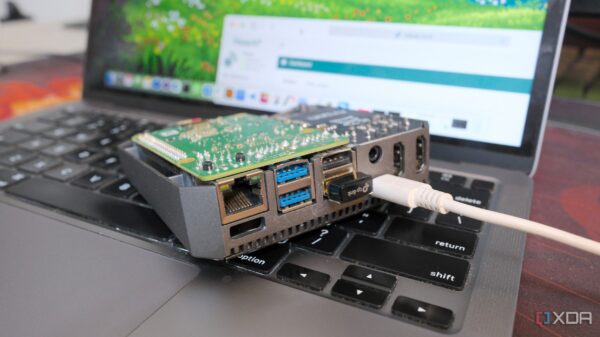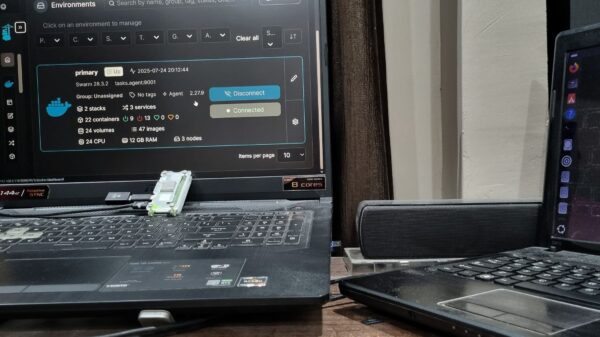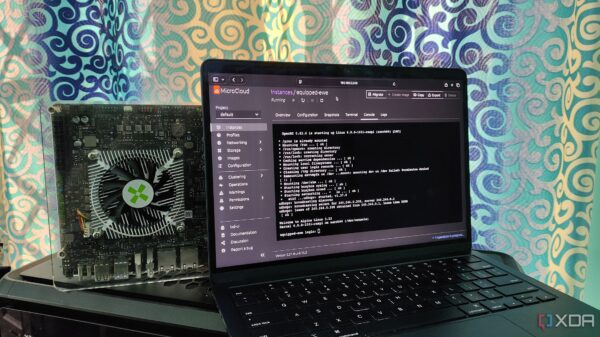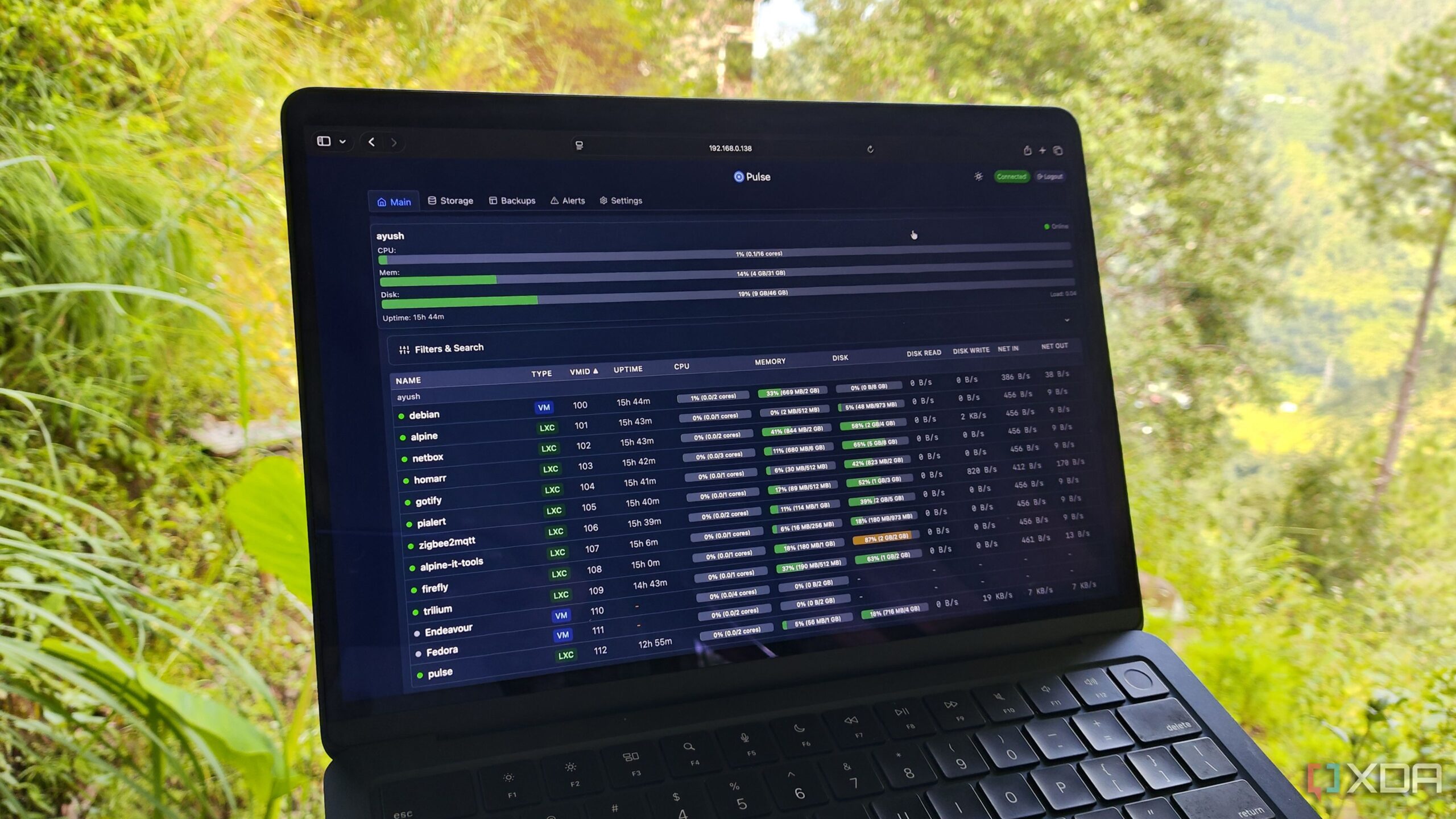The use of containers and virtual machines is essential for efficiently running applications, packages, and distributions in isolated environments. With the rise of self-hosting and experimentation workloads, many users are shifting towards containers, particularly when working with older hardware. For those utilizing a Proxmox environment, several Linux Containers (LXCs) can cater to approximately 90% of home lab needs.
Streamlined Performance with LXCs
Utilizing LXCs can significantly reduce processing overhead compared to virtual machines, making them ideal for older or resource-limited devices. An example is the recent conversion of an older laptop into a Proxmox host, where performance issues prompted a shift to LXCs. By employing just a few of these containers, users can set up essential services for their home lab efficiently.
Debian stands out as a premier choice for an LXC, prized for its stability and compatibility. Although it may lack experimental package managers, it serves well for a variety of applications. Users can leverage Debian-based LXCs to run Docker setups or host various add-ons, enhancing capabilities for self-hosting environments.
Versatile Container Platforms
For those looking to explore further, platforms such as Cosmos, CasaOS, and Runtipi offer promising options. Containerization within LXCs can be surprisingly reliable, allowing users to manage their workloads through user-friendly web interfaces rather than command line operations.
Cosmos, in particular, has gained attention for its customizable app repositories and simple network management features. Its appealing user interface adds to its attractiveness for newcomers to the field. CasaOS, with its integrated file explorer, and Runtipi, with its minimalist design, provide solid alternatives for managing containers effectively.
NextcloudPi is another noteworthy LXC template, designed for personal cloud storage. While some users have transitioned to virtual machine setups due to performance concerns with larger document collections, NextcloudPi remains a viable option for basic document storage and sharing. The inclusion of packages such as Collabora Online enhances its functionality, allowing users to work on documents directly within the platform.
Home Assistant is a favored choice among smart home enthusiasts for managing devices and automations. Its LXC version offers excellent compatibility but lacks access to the Add-on Store. Users will need to set up additional applications on separate container platforms to connect with Home Assistant, which may pose a challenge for some.
Pulse, a utility designed specifically for Proxmox, provides valuable insights into resource consumption and uptime for nodes, including LXCs. Its integration with Proxmox Backup Server enhances its functionality, allowing users to pull records of recent snapshots easily.
OpenMediaVault serves as a dedicated network-attached storage (NAS) solution for those requiring efficient file sharing within a home lab. While deploying it as an LXC can be useful, the complexity of managing workloads may lead to challenges, particularly when adding additional storage drives.
The combination of these LXCs can adequately meet most home lab needs. However, for more intensive computing projects, users might still consider deploying full-fledged distributions like Debian, Arch Linux, or Fedora in virtual machines for optimal performance. The choice between containers and virtual machines ultimately hinges on the specific requirements and resources at hand.







































































